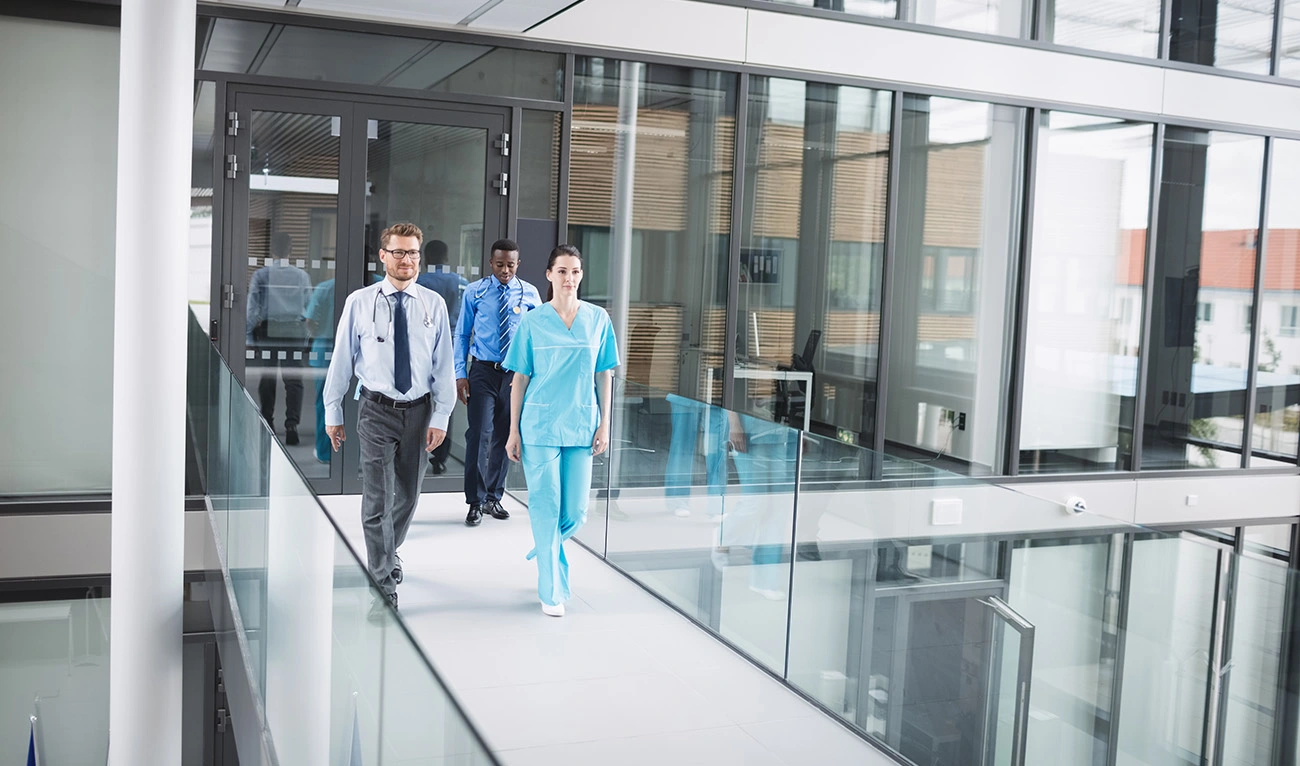The medical tourism industry has experienced significant growth in recent years, with patients from diverse cultural backgrounds traveling across borders to access quality healthcare services. As the demand for medical tourism continues to rise, it becomes increasingly important for professionals within the industry to develop their cultural sensitivity and language skills. In this article, we will discuss the importance of cultural sensitivity and language training for medical tourism professionals, the benefits of such training, and various approaches to acquiring these essential skills.
Why is Cultural Sensitivity and Language Training Important for Medical Tourism Professionals?
- Enhanced communication: Effective communication is the cornerstone of successful medical tourism. Understanding and speaking a patient's language enables healthcare providers to better explain medical procedures, diagnoses, and treatment plans, thereby minimizing misunderstandings and ensuring patient satisfaction.
- Improved patient experience: By being culturally sensitive and understanding a patient's background, healthcare professionals can tailor their services to cater to individual needs and preferences. This can enhance the patient's overall experience, leading to positive reviews and recommendations.
- Increased patient trust: Demonstrating cultural sensitivity and language proficiency can help build trust between healthcare professionals and their international patients. Trust is crucial in the medical tourism industry, as patients often travel great distances to seek medical care in unfamiliar environments.
- Competitive advantage: Medical tourism professionals who possess strong cultural sensitivity and language skills are better equipped to serve a diverse patient population. This can give them a competitive edge in the rapidly growing medical tourism market.
Benefits of Cultural Sensitivity and Language Training for Medical Tourism Professionals
- Expanded market reach: By developing cultural sensitivity and language skills, medical tourism professionals can cater to a broader patient demographic, thereby expanding their market reach.
- Increased patient satisfaction: Culturally sensitive healthcare providers can better understand and address the unique needs and preferences of their international patients, resulting in higher levels of patient satisfaction.
- Reduced risk of misunderstandings and medical errors: Improved language skills allow for more effective communication, reducing the risk of misunderstandings that could potentially lead to medical errors.
- Enhanced reputation: Culturally sensitive and linguistically proficient healthcare professionals are more likely to be well-regarded by their patients, which can help build a positive reputation for their practice or organization.
Approaches to Cultural Sensitivity and Language Training
- Formal education: Medical tourism professionals can pursue formal education in cultural sensitivity and language training through accredited institutions. These programs often offer courses designed specifically for healthcare providers, focusing on communication skills, cultural understanding, and medical terminology.
- Continuing education and professional development: Many organizations, including the Global Healthcare Accreditation, offer specialized training programs and workshops for medical tourism professionals. These programs cover various aspects of cultural sensitivity and language training, helping professionals stay up-to-date with best practices and industry trends.
- Language immersion: Immersion programs, in which professionals spend an extended period of time in a country where the target language is spoken, can be an effective way to develop language skills. This approach not only exposes individuals to the language but also provides invaluable insights into the local culture.
- Online courses and resources: Online courses and resources, such as language learning apps and cultural sensitivity training materials, can provide a flexible and cost-effective way for professionals to develop their skills. Many of these resources are designed specifically for healthcare professionals, focusing on essential communication skills and cultural understanding.
- Mentorship and peer learning: Medical tourism professionals can learn from their colleagues and mentors who have experience working with diverse patient populations. This can provide practical, real-world insights into effective communication and cultural sensitivity practices.
In conclusion, cultural sensitivity and language training play a crucial role in the success of medical tourism professionals. By developing these essential skills, healthcare providers can effectively communicate with their international patients, build trust, and deliver tailored services that meet the unique needs and preferences of each individual. This not only leads to increased patient satisfaction but also gives professionals a competitive edge in the rapidly growing medical tourism industry.
Take your medical tourism career to new heights by becoming a certified medical tourism professional. Equip yourself with the knowledge and expertise needed to excel in this fast-growing industry, including cultural sensitivity and language training. Learn more about the available training programs and how to become a certified professional at https://www.globalhealthcareaccreditation.com/professionals-home.
Global Healthcare Accreditation is a leading organization providing comprehensive training in various areas, including cultural sensitivity, language training, business optimization, and international patient experience. Enhance your skills and knowledge to excel in the medical tourism industry by exploring their training offerings at https://www.globalhealthcareaccreditation.com/.








